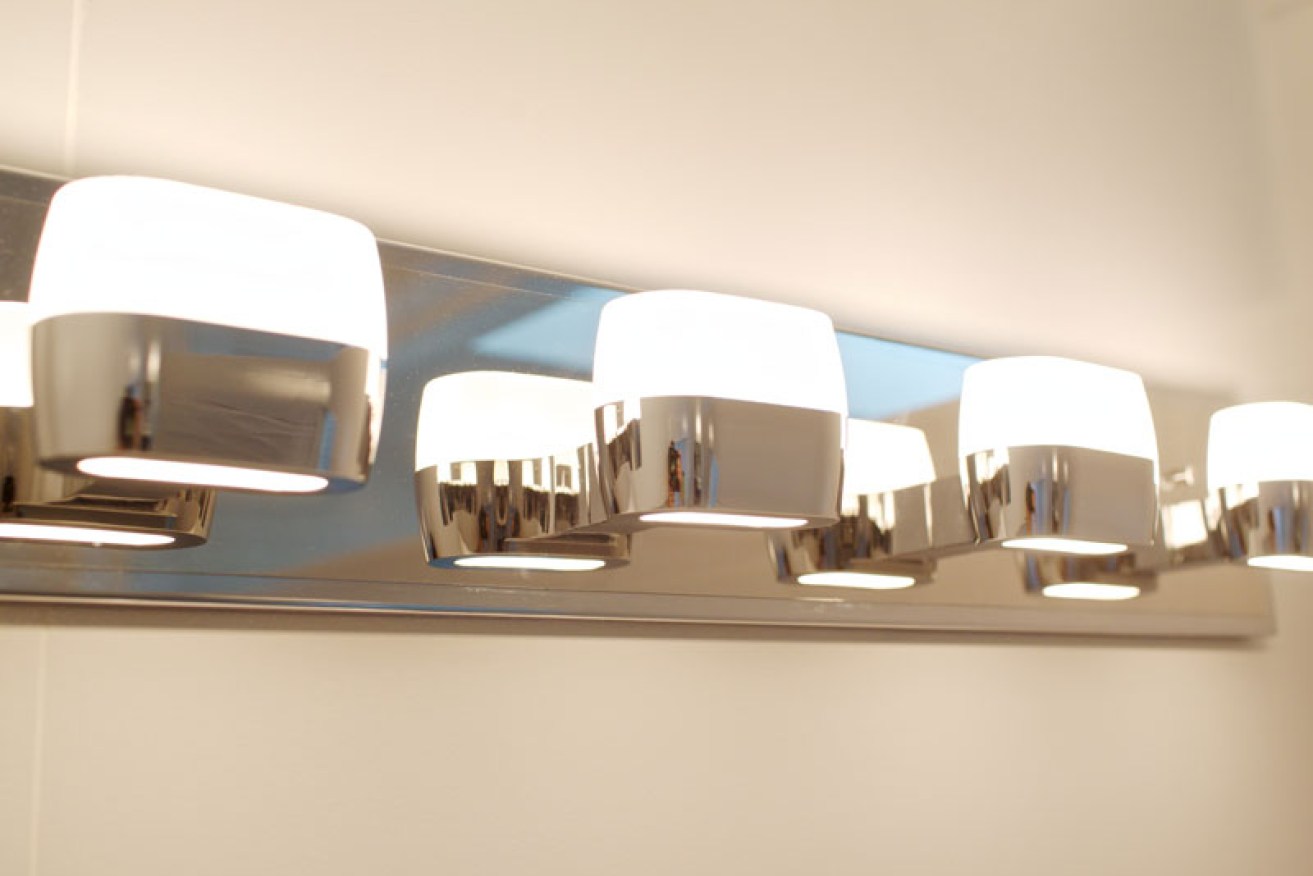Renovate wisely or risk wasting your money

Getty
A long summer beckons and hardware stores will be choked as many of us use the holiday to repair and renovate our homes.
If you join the throng, think about your motivations. Has the year’s barrage of television renovation programs inspired you? Are you looking at a home makeover in preparation for selling?
Beware, say the experts. You risk overcapitalising your house by spending money on improvements that won’t deliver at sale time.
• How to win from the apartment glut
• What will your property be worth in three years?
• RBA boss relieved by cooling house price growth
It’s a tricky time to be planning work because credit is still easy to get, but growth in house prices is set to fall and values could drop.
Financial advisor Andrew Courtney of Alps Network said it’s easy to overcapitalise when renovating or extending.
“The sorts of investments that you will never get your money back on are very expensive fixtures and fittings in a suburb that doesn’t quite fit this profile, building a very expensive shed to cater for your boat and toys, a brick garage as opposed to a carport and very expensive flooring like wood when laminate will most likely do the job,” Mr Courtney told The New Daily.
Adding a bedroom and/or bathroom can add $100,000 in the right area and he said this is where it pays to do your homework and understand what sells in your suburb.
Know your property values
There are two important factors to consider when embarking on renovation. Where does your house sit relative to the median and average house prices within your street or suburb? And are you over or under the average?

Make sure to set a budget before embarking on expensive renovations. Photo: Getty
Once you have an idea of these, you can determine how much you can spend to improve your house to a realistic value for your area.
The next step is to set a budget. You will soon know you are overspending if you are nudging your set limits.
“If you do not have a well-prepared budget and do not understand what kind of value you can add to your property, you will most likely overcapitalise, as emotions tend to overrun logic and reasoning,” said Mr Courtney.
Ray White Sydney sales executive Evan Williams said space and light add value, such as by taking out a kitchen wall to make the living space bigger, or putting in a window to create more light.
Polishing original floorboards rather than paying for a floating floor will improve a period home and cost less.
Mr Williams works in Double Bay, where prestige homes sell for millions, but he still sees people lose money on expensive fittings and top-end bathroom fixtures.
Be smart with features
“We recently had a client who put in copper lights and the person who bought ripped them out straight away and replaced them with more traditional downlights. Feature lighting is not for everybody.”

Add extra lighting to spruce up your home. Photo: Getty
The same goes for wallpapers and “horrendously expensive” tiles in bathrooms and courtyards, he said.
ME Bank Head of Home Loans Patrick Nolan advised researching the current value of your property so you understand your equity, or how much you own, and the expected value after you renovate.
Mr Nolan said lenders’ approaches to renovations vary but ME divides loan applications into minor and major. Minor renovations typically require loans under $100,000 requiring no structural changes.
Be prepared to provide more detailed information if you want to borrow more than that for major work.
ME’s valuer will look at the final expected value to ensure it compensates for the planned costs.
Fixed price contracts prudent
“Banks will typically prefer fixed term and price contacts with a builder as this reduces risks,” said Mr Nolan.
If approved, the bank will offer a construction loan and will pay out progressively to ensure plans and spending remain within scope.
If you are buying a “renovator’s delight”, the bank will be less inclined to lend if the cost of making the house habitable is greater than 10 per cent of the purchase value.
It’s vital to understand the renovation cost and whether you can afford to borrow the total amount to purchase and renovate, said Mr Nolan.
Television renovation programs may be inspiring a false sense of confidence from do-it-yourselfers as well as prompting overcapitalisation.
Mr Courtney said they often make the work look easy.
“People don’t realise these guys have 20 tradies working for them and quite sizeable budgets.”
The lesson for home improvers is to spend money to add value.









